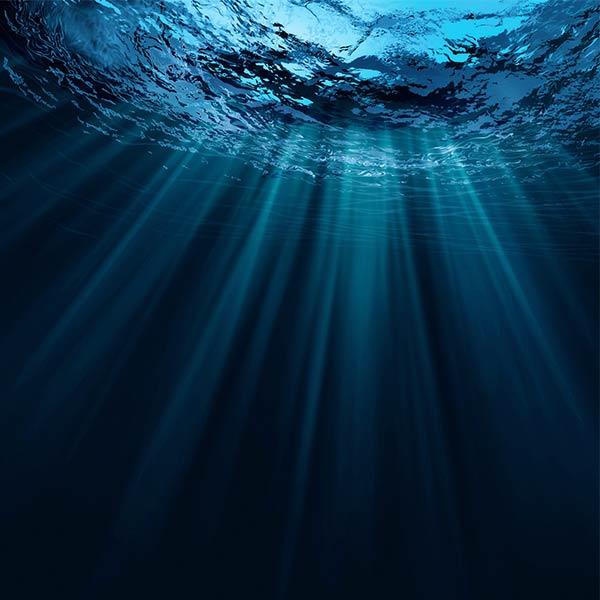At the United Nations Oceans Summit, French President Emmanuel Macron delivered a firm message on the protection of the world’s most vulnerable marine and polar regions. Emphasizing that the deep seas, Greenland, and Antarctica are “not for sale,” Macron underscored France’s commitment to safeguarding these critical areas from exploitation and commercial encroachment. His remarks come amid growing international concerns over environmental preservation and the management of global commons in the face of increasing economic and geopolitical interests.
Macron Emphasizes Global Commons Status of Deep Seas Greenland and Antarctica at UN Summit
French President Emmanuel Macron reaffirmed France’s commitment to protecting the planet’s most fragile and remote regions during a crucial session at the UN Oceans Summit. He underlined the urgent need to preserve the deep seas, Greenland, and Antarctica as shared global commons, stressing that these areas must remain beyond commercial exploitation. Macron’s address highlighted the ecological significance of these territories, advocating for strengthened international legal frameworks to prevent their privatization and environmental degradation.
Macron also called for collaborative governance, urging nations to adopt sustainable practices and respect the unique ecosystems found in these expanses. His speech included a call to action involving key stakeholders, emphasizing:
- Enhanced multinational cooperation
- Strict enforcement of existing environmental treaties
- Promotion of scientific research under global oversight
- Public awareness campaigns on the vulnerability of deep seas and polar regions
| Region | Key Threats | Proposed Measures |
|---|---|---|
| Deep Seas | Illegal fishing, pollution | Global monitoring, stricter regulation |
| Greenland | Resource extraction, climate impact | Protection treaties, scientific collaboration |
| Antarctica | Tourism, mineral exploitation | UN oversight, preservation zones |
France Calls for Strengthened International Protections Against Exploitation and Commercialization
President Emmanuel Macron has urged the global community to establish firmer safeguards against the exploitation and commercialization of the world’s most vulnerable marine environments, including the deep seas, Greenland, and Antarctica. Addressing the United Nations Ocean Summit, Macron emphasized that these pristine regions should be preserved as global commons, protected from economic interests that could irreversibly damage their unique ecosystems. He highlighted the urgent need for stronger international frameworks that prevent unauthorized extraction of resources and ensure sustainable stewardship.
Macron’s appeal went beyond rhetoric, proposing a collaborative approach that includes:
- Enhanced regulatory measures under international law to restrict commercial activities in sensitive marine zones.
- Increased transparency in ocean resource management, fostering accountability among nations and corporations.
- Investment in scientific research to better understand ecological risks and guide policy decisions.
| Region | Current Status | Proposed Protection Measure |
|---|---|---|
| Deep Seas | International Waters, Limited Regulation | Ban on commercial mining permits |
| Greenland | National Jurisdiction, Resource Exploitation Growing | Stronger environmental impact assessments |
| Antarctica | International Treaty Area | Expansion of no-extraction zones |
Experts Urge Collaborative Governance and Sustainable Practices to Safeguard Vulnerable Oceanic Regions
Leading oceanographers and environmental policy experts emphasize that the future of the world’s most fragile marine ecosystems hinges on unified, cross-border governance. The deep seas around the poles, including critical areas near Greenland and Antarctica, are increasingly threatened by industrial exploitation, unregulated fishing, and climate-related changes. Experts warn that without stringent international cooperation and legally binding frameworks, these regions could face irreversible degradation, endangering biodiversity and altering global climate regulation mechanisms. Calls for strengthened collaborative management underscore the urgent need to respect treaties like the Antarctic Treaty System and to develop new accords for deep-sea conservation.
A consensus is emerging around sustainable practices that balance human activity with preservation. Key recommendations include:
- Implementing comprehensive marine protected areas (MPAs) that cover critical habitats
- Enhancing transparency and accountability in marine resource exploitation
- Supporting indigenous and local community involvement in stewardship
- Promoting scientific research to inform adaptive management strategies
International collaboration is seen not only as a way to protect these oceanic frontiers but also to ensure equitable access and benefit-sharing among nations. The interplay of these sustainable efforts is critical to uphold ocean health and resilience for future generations.
| Region | Main Threat | Proposed Solution |
|---|---|---|
| Deep Seas | Unregulated mining | International mining moratoriums |
| Greenland Waters | Overfishing | Expanded marine protected areas |
| Antarctic Coastal Zone | Climate-driven ice melt | Enhanced climate adaptation policies |
Final Thoughts
As world leaders continue to grapple with the challenges of climate change and marine conservation, French President Emmanuel Macron’s firm stance at the UN Oceans Summit underscores the growing international resolve to protect the planet’s most vulnerable and vital ecosystems. By declaring the deep seas, Greenland, and Antarctica “not for sale,” Macron has sent a clear message that safeguarding these critical regions must take precedence over commercial interests. The coming months will reveal whether this commitment translates into concrete policies and stronger global cooperation to ensure the health of the oceans for future generations.




